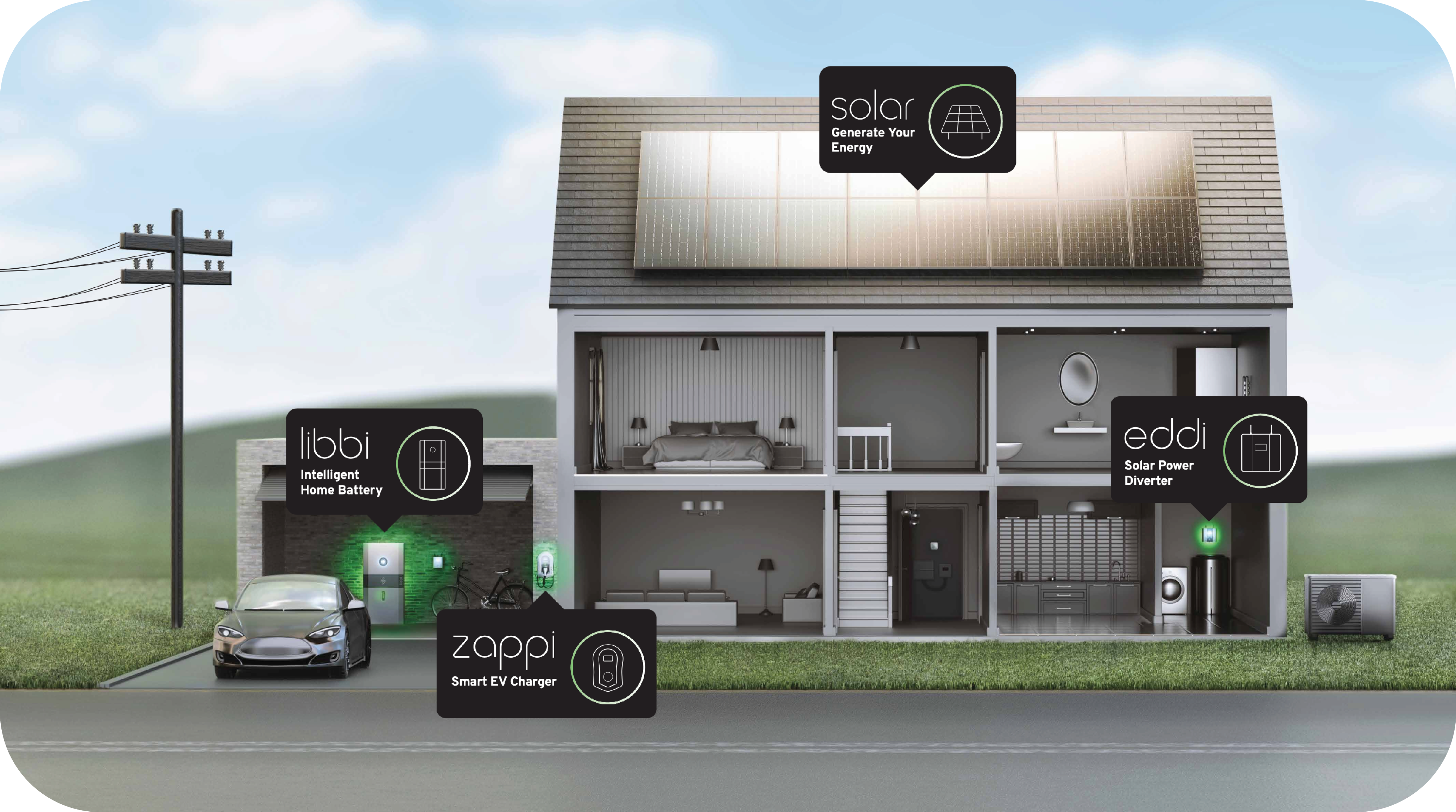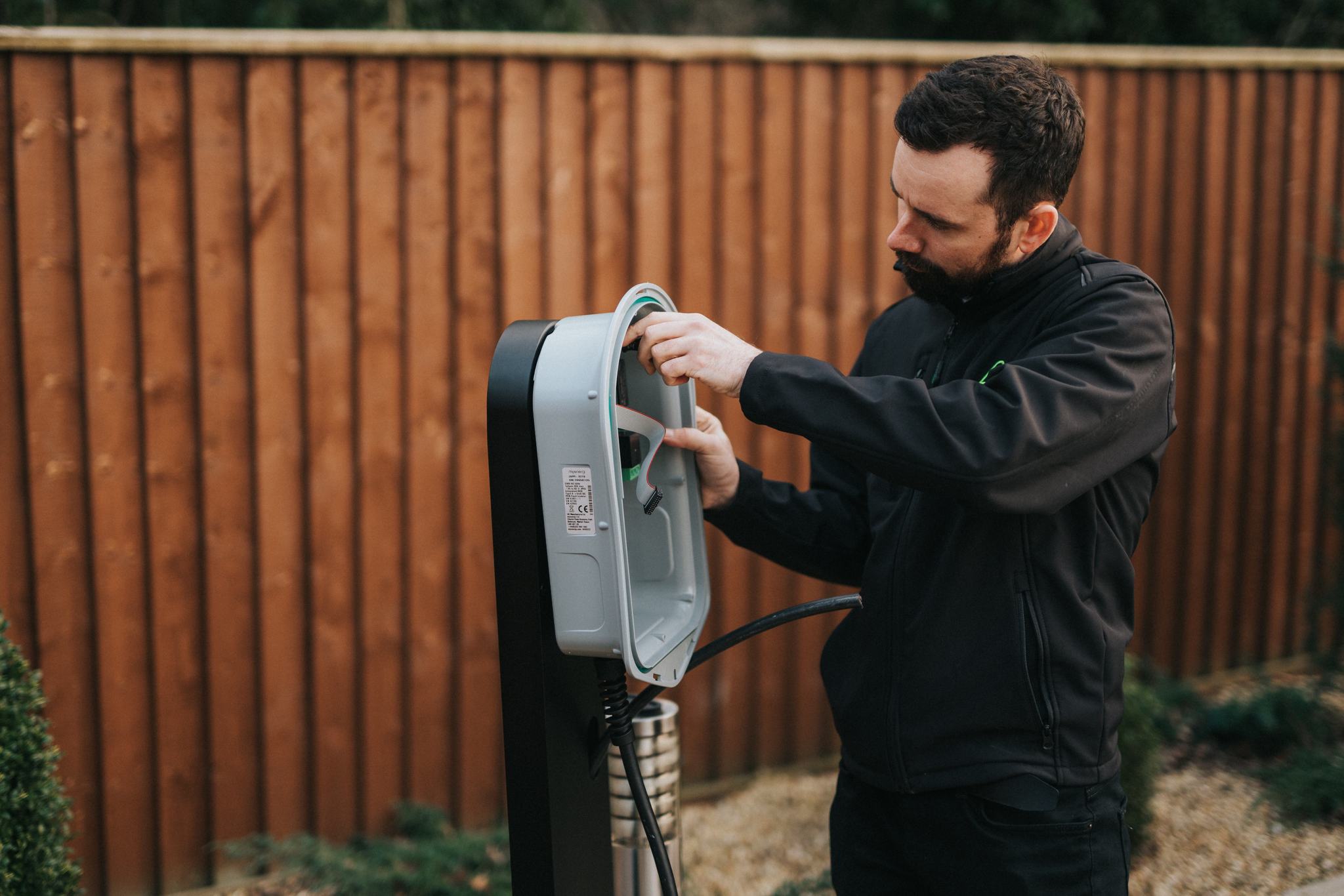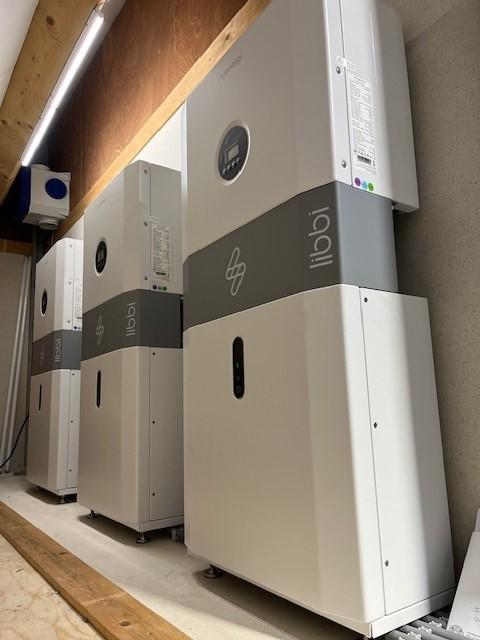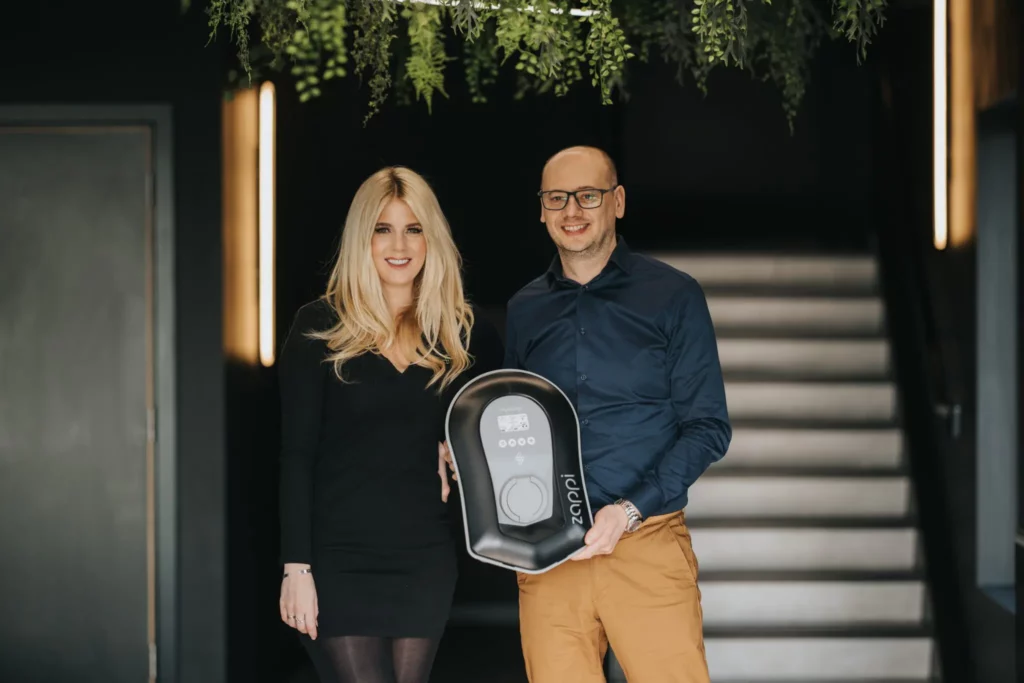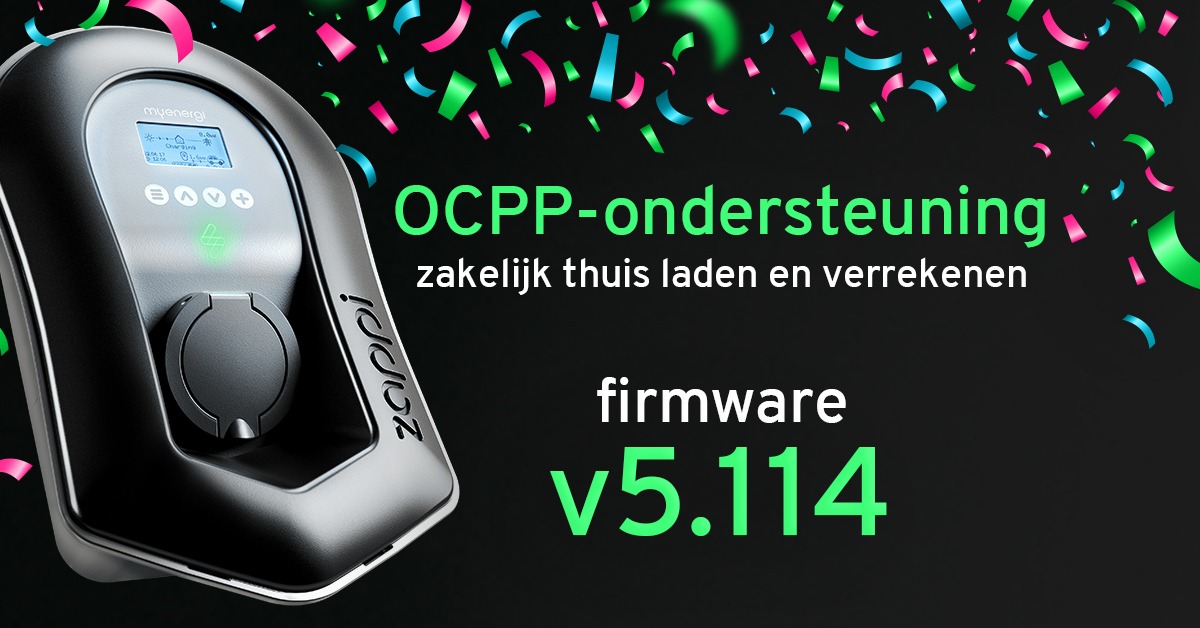It appears that the road tax rebate for fully electric cars in the Netherlands has been given a significant extension. Originally planned to be phased out in two years starting in 2025, it has now been decided that this incentive will not be completely removed until 2031. Starting in 2026, electric car owners will pay 60% of the motor vehicle tax, which increases to 65% in 2029. This is a striking development, as it shows that the government wants to continue encouraging the use of electric vehicles, despite the original plans to phase out the tax breaks.
This extension of the road tax rebate for electric vehicles is a clear indication of continued support for the transition to sustainable mobility. It highlights the importance of promoting electric driving as a crucial step toward reducing CO2 emissions and combating climate change.
The decision to phase out the rebate more slowly than originally planned provides potential EV owners with additional motivation to make the switch, given the continued financial benefits. This could have a significant impact on consumers' decision to purchase an electric car, especially when calculating the total cost of ownership over the life of the vehicle.
In this context, myenergi's products, such as eddi, zappi, harvi, and libbi, play a crucial role in maximizing the benefits of electric driving. By providing intelligent energy management solutions that integrate seamlessly with renewable energy sources, such as solar panels, these products help electric vehicle owners and households manage and minimize their energy consumption more efficiently.
myenergi provides an ecosystem that enables users to take control of their home energy by allowing different elements of energy management to communicate intelligently with each other. With products like eddi, one can maximize the use of self-generated solar energy by intelligently harnessing it for heating, reducing dependence on the energy grid and lowering energy costs. The harvi energy harvesting wireless sensor offers easy installation without the need for batteries or external power, reducing installation costs and maintenance.
libbi, the home battery from myenergi, allows homeowners to store and use self-generated energy when needed most, further reducing costs and increasing energy independence. Finally, zappi, the smart EV charger, allows an electric vehicle to be charged with solar or cheaper grid energy, reducing the cost of charging the vehicle and increasing the ROI of both the solar panels and the electric car.
In conclusion, despite the gradual elimination of road tax credits for electric cars, it is still very beneficial to drive electric, thanks in part to myenergi's products that help maximize the benefits of self-generated renewable energy. By integrating smart energy management solutions, EV owners and households can lower their energy costs, reduce their impact on the environment, and contribute to a more sustainable future.

 EV charging
EV charging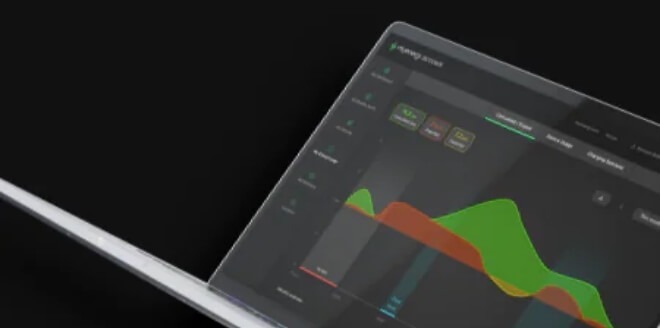 Manage your energy
Manage your energy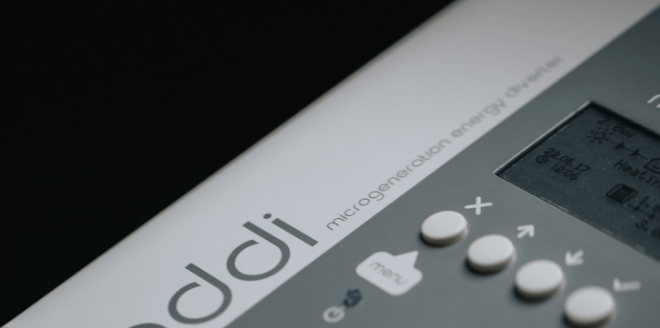 Maximize your energy
Maximize your energy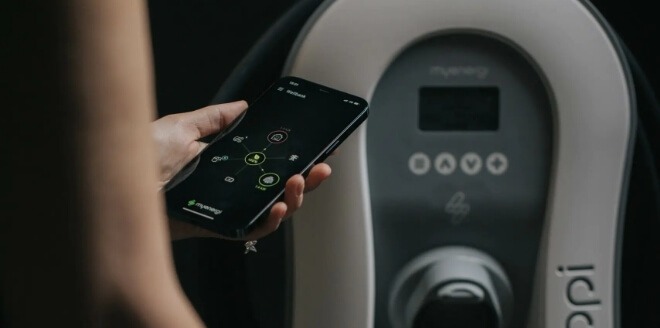 Monitor your energy
Monitor your energy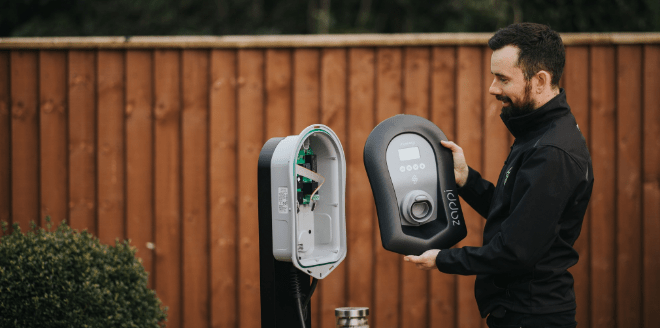 Find an installer
Find an installer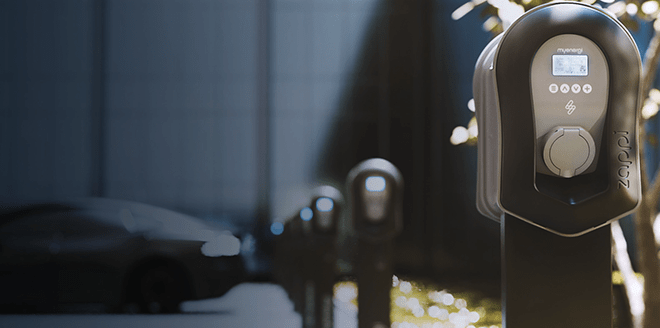 Business charging station
Business charging station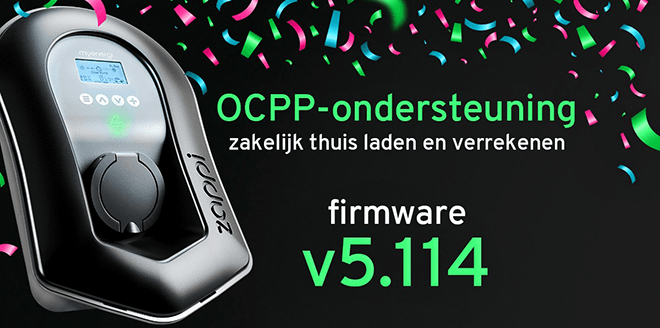 Pair zappi with a management platform
Pair zappi with a management platform